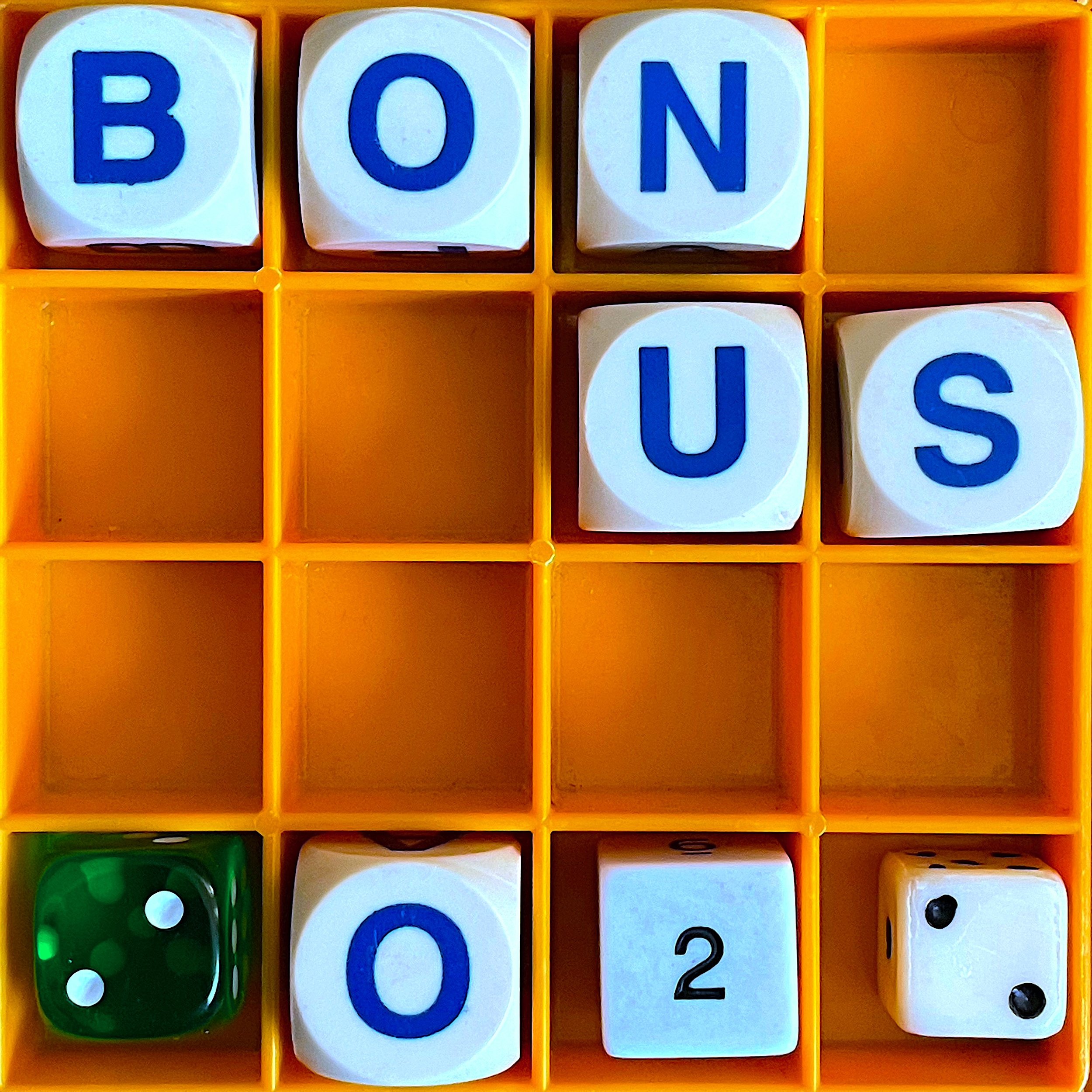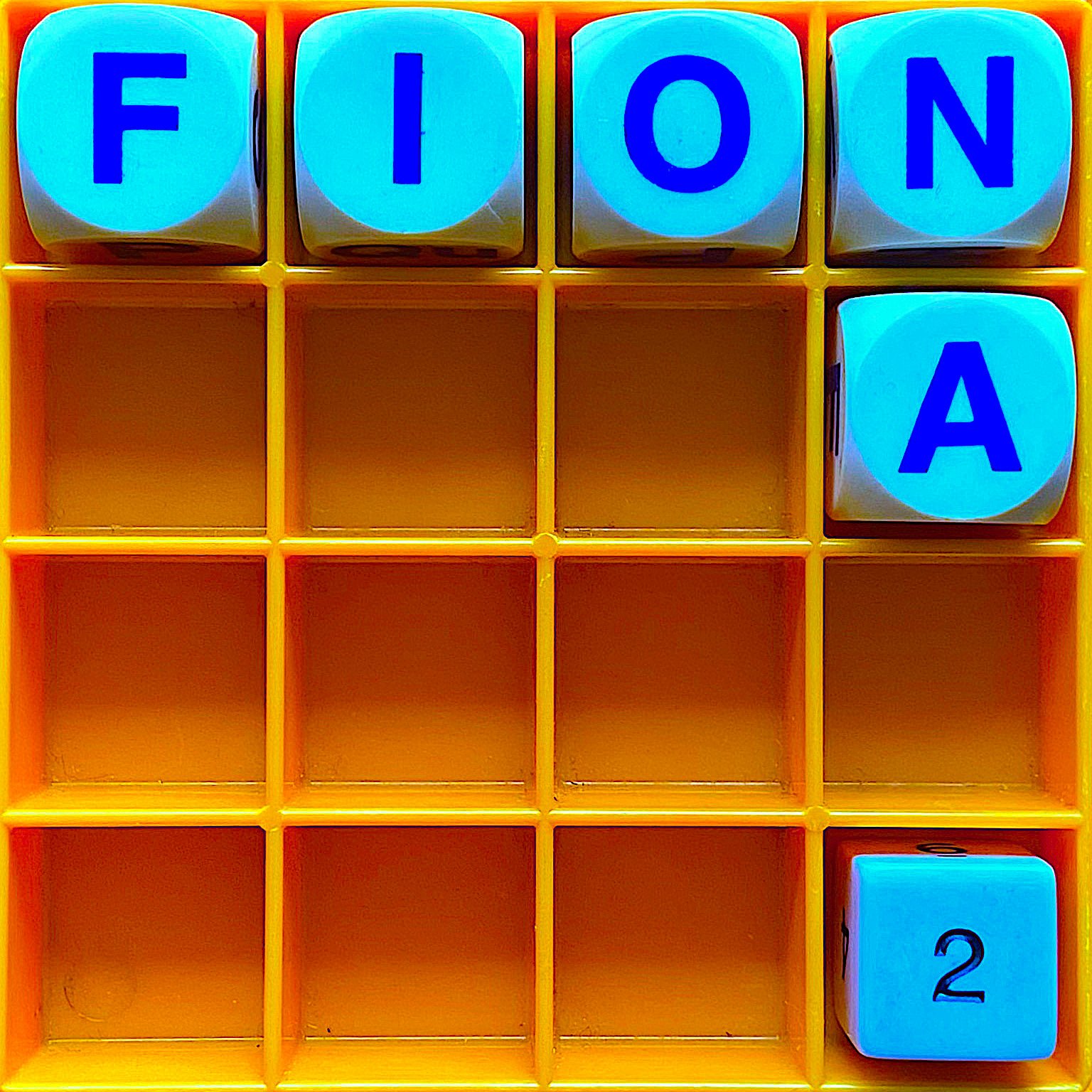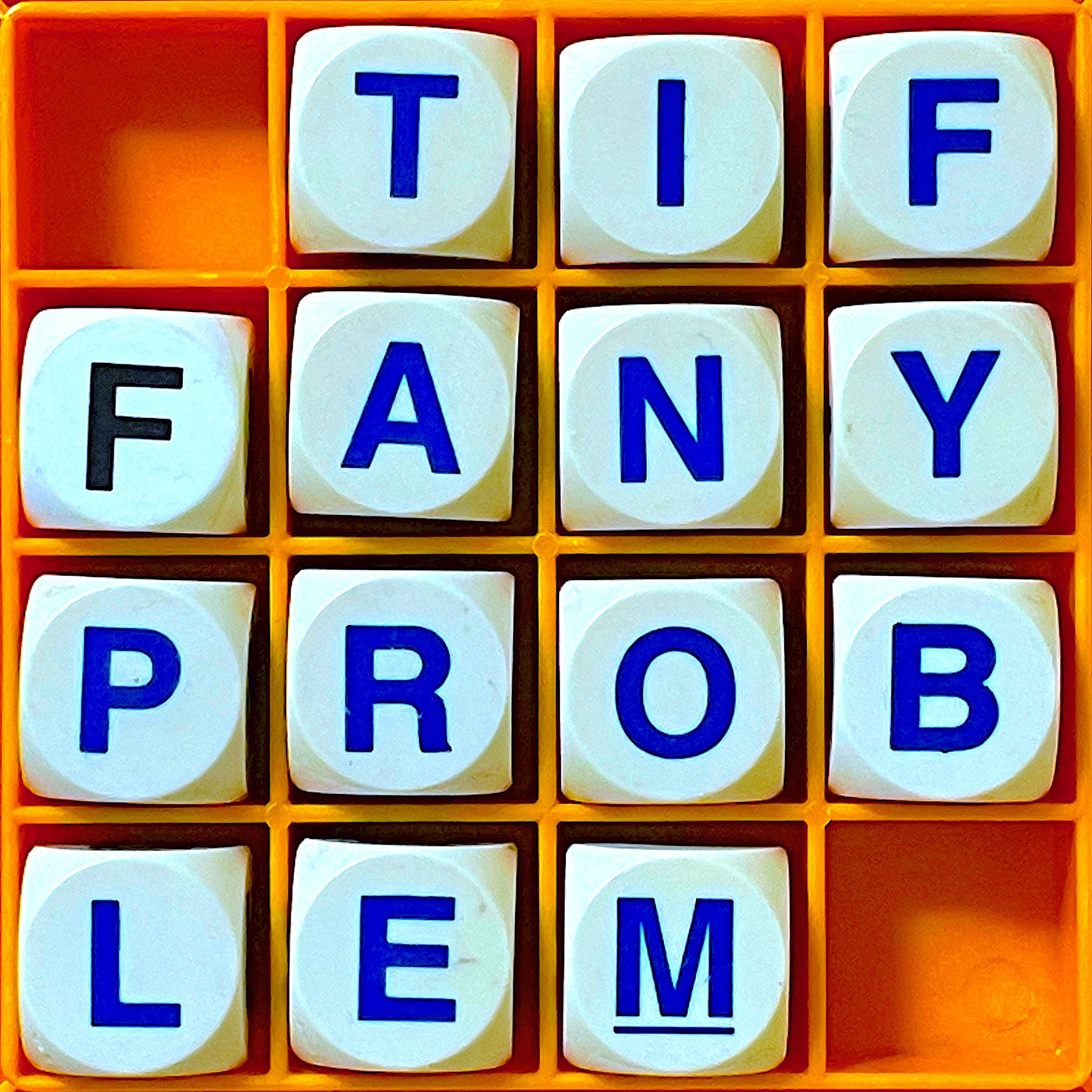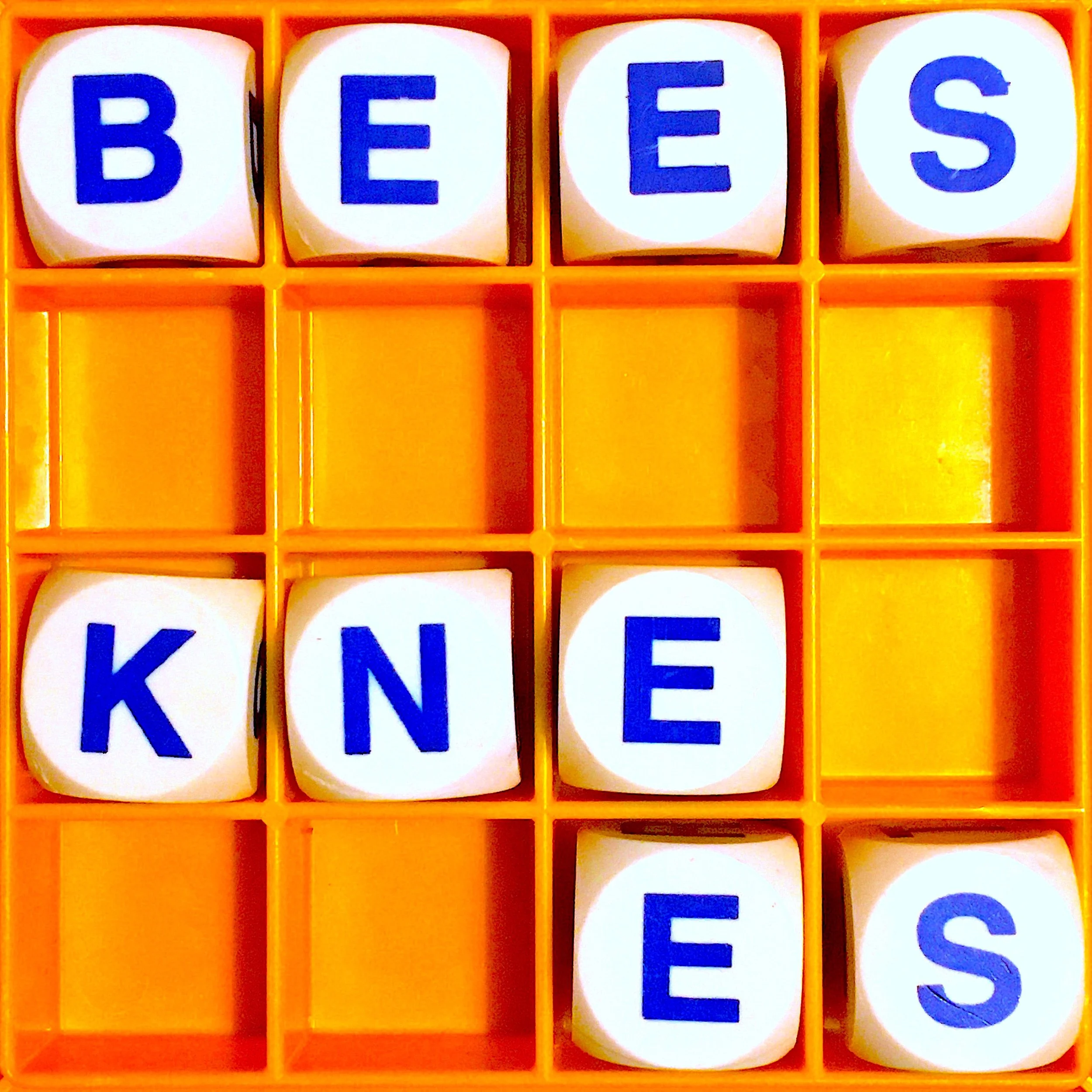TIM CLARE: Hippocampus, meaning ‘horse’ because it looks like a a sea horse, right? …Oh, don't look at them! They look absolutely terrifying!
HZ: I I've never seen a hippocampus, so I don't know.
TIM CLARE: There is a real David Cronenberg-like element to them.
Allusionist 166 Fiona part 2 transcript
HARRY JOSIE GILES: I don't think that anyone should come away from this conversation not wanting to use the name Fiona. I think this is a beautiful and rich history. It might not be quite the history that you imagined, but I think it's a beautiful history.
Read moreAllusionist 165 Fiona part 1 transcript
HARRY JOSIE GILES: Fiona is a name I think now that still has a slightly romantic, slightly historical Scottish feel. I think everyone thinks it's an old Scottish name, but it's not an old Scottish name!
Read moreAllusionist 161 Sentiment transcript
SANDHYA DIRKS: When we talk about empathy: the idea that you can get outside of yourself, that we can imagine someone else's experience is so audacious, because human beings are not that freaking imaginative. I mean, like a unicorn is just a horse with a horn! We did not go that far to get to our most magical creature. We just like grafted two things on top of each other.
Read moreAllusionist 159 Bufflusionist transcript
HZ: ‘Vampyre’ with a Y was pretty interchangeable with ‘vampire’ with an I when it first landed in English. Actually, I think the first appearance in English was with a Y. We probably got it from French or German, but it was based on - it’s a little unclear, but it was based on Hungarian, possibly, or Slavic languages. And it was because, at the time, they were doing a lot of coverage of the Serbian vampire epidemic of 1725 to 1732.
JENNY OWEN YOUNGS: Oh, of course.
HZ: Apparently there were a lot of Eastern European vampire epidemics.
KRISTIN RUSSO: What is a vampire epidemic?
HZ: I assume an epidemic of vampires. Imagine Covid, but for vampirism. And no vaccine. No masking is going to save you.
Allusionist 155 The Tiffany Problem transcript
JO WALTON: What we the readers know about the name Tiffany is incorrect. Nevertheless, as a writer, you cannot use the name Tiffany.
Read moreAllusionist 151 The Bee's Knees transcript
“There's a town in Quebec called Saint-Louis-du-Ha! Ha!, which apparently has the Guinness World Record for most exclamation marks in a town name. Which is two.”
Read moreAllusionist 116: My Dad Excavated a Porno transcript
HZ: The Victorians really did a number on people. I feel like we're still unpicking Victorian attitudes.
KATE LISTER: Yes, we are. I mean, we're still very much the children of the Victorians, and they're a fascinating bunch, the Victorians. No generation, at no point in history, has sex been successfully repressed, ever. It just doesn't happen. But what you have is really strict social morality, conditioning and mores and constructs and power dynamics around sex that dictate what we are and what we're not supposed to be doing. And outward facing, they were so repressed and polite society and so offended by everything even remotely to do with sex, to the point of where they wouldn't say the word 'trousers' because they thought they were too rude. They were 'sit down upons'.
Read moreAllusionist 104. Words Into Food - transcript
KATE YOUNG: I can travel through what these characters are eating and what they're doing, and travel to places, to countries I've never been, but also to fantastical worlds that I've never been to and versions of this world that feel very different to my own or are 200 years older than this or one hundred years in the future or any of those things
Read moreAllusionist 98. Alter Ego - transcript
Today: three pieces about alter egos, when your name - the words by which the world knows you - is replaced by another for particular purposes.
How did John Doe come to be the name for a man, alive or dead, identity unknown or concealed in a legal matter? Strap in for a whirlwind ride into some frankly batshit centuries-old English law.
At their first bout of the 2019 season, the London Roller Girls talk about how they chose their roller derby names - or why they chose to get rid of one.
The 1930s and 40s were a golden age for detective fiction, which was also very popular and lucrative. Yet writing it was disreputable enough for authors to hide behind pseudonyms.
Allusionist 95. Verisimilitude - transcript
HZ: Approximately how many languages have you invented at this point?
DAVID PETERSON: I think I've invented over 50 languages at this point. Not all of them are very large in terms of vocabulary size, and not all of them are very good. I had created about 17 before I ever started working on Game of Thrones.
HZ: The languages you hear in Game of Thrones: Dothraki -
[CLIP] Khal Drogo: “Moon of my life, are you hurt?”
HZ - the various dialects of Valyrian:
CLIP: Daenerys: “Valyrian is my mother tongue.”
HZ: - those aren’t the actors making up some gibberish. Those are functional languages, with large vocabularies and complex grammars and etymologies.
Read moreAllusionist 82 A Novel Remedy transcript
When you’re not feeling well, which books do you turn to to make yourself feel better?
I asked this question on the Allusionist Facebook and Twitter, and hundreds of you responded, but a few answers came up again and again:
Terry Pratchett, Douglas Adams, JRR Tolkien.
Makes sense. Science fiction, fantasy: what’s more escapist?
Jane Austen. PG Wodehouse.
Also escapist, thanks to period setting - and, rich people problems not health problems.
Things you read when you were a child: Moomins, What Katy Did, Anne of Green Gables…
Taking you back to a time in your life that perhaps felt safer, or simpler...
...Harry Potter.
Boarding school shenanigans! Wizard problems not real life problems!
And, Agatha Christie.
Poison! Gunshots! Stabbing! Hang on, why would stories about murder make us feel better?
Well, they’re kind of supposed to make you feel better.
Read moreAllusionist 50: Under the Covers part I - transcript
LEAH KOCH: There is a certain amount of defense in being a romance fan; if you're going to be a vocal romance fan, unfortunately, you're going to have to spend some of that time explaining to people why what you like is valid and why their opinion is stupid.
HZ: Do it.
LEAH KOCH: OK! The most basic response is: "Why on Earth do you care what I am reading?" I never say that, but that is the honest question - it's like, why do you care? I like it! But let's get slightly more academic than that. Romance is primarily written by women for women. Let's not diminish the contributions of men, but let's set them aside for a second. It's a female-dominated genre.
BEA KOCH: And historically it's associated with a female readership, which is very important in the critical perception of the genre.
LEAH KOCH: Right. So it's books where women's thoughts, emotions, sexuality, take centre stage; and there's a lot of other stuff that happens around it, you know, that's what subgenres are. So it's surrounded by carriages and dresses or surrounded by vampires and werewolves or surrounded by FBI guys on the run, whatever: that's all secondary. The thing at the heart of it is a woman's experience.
Allusionist 36: Big Lit - transcript
The term ‘classic’ turned up in English around the start of the 17th century, when it meant ‘of the highest class’ - same meaning as the Latin ‘classicus’ from which it came. It swiftly became the label for ancient Greek and Latin literature, and by the mid-19th century, that sense had been extended to any works with that sort of quality - though when it comes to the classics of English literature, I’m vague about what that quality is. “Written by dead white men”, going by the selection of classic literature that I had to read at school and university. “Big books that make me feel guilty and stupid for not having read them?” “Source material for TV dramatisations involving bonnets?” Seriously, what does ‘classic’ mean now?
Read more













